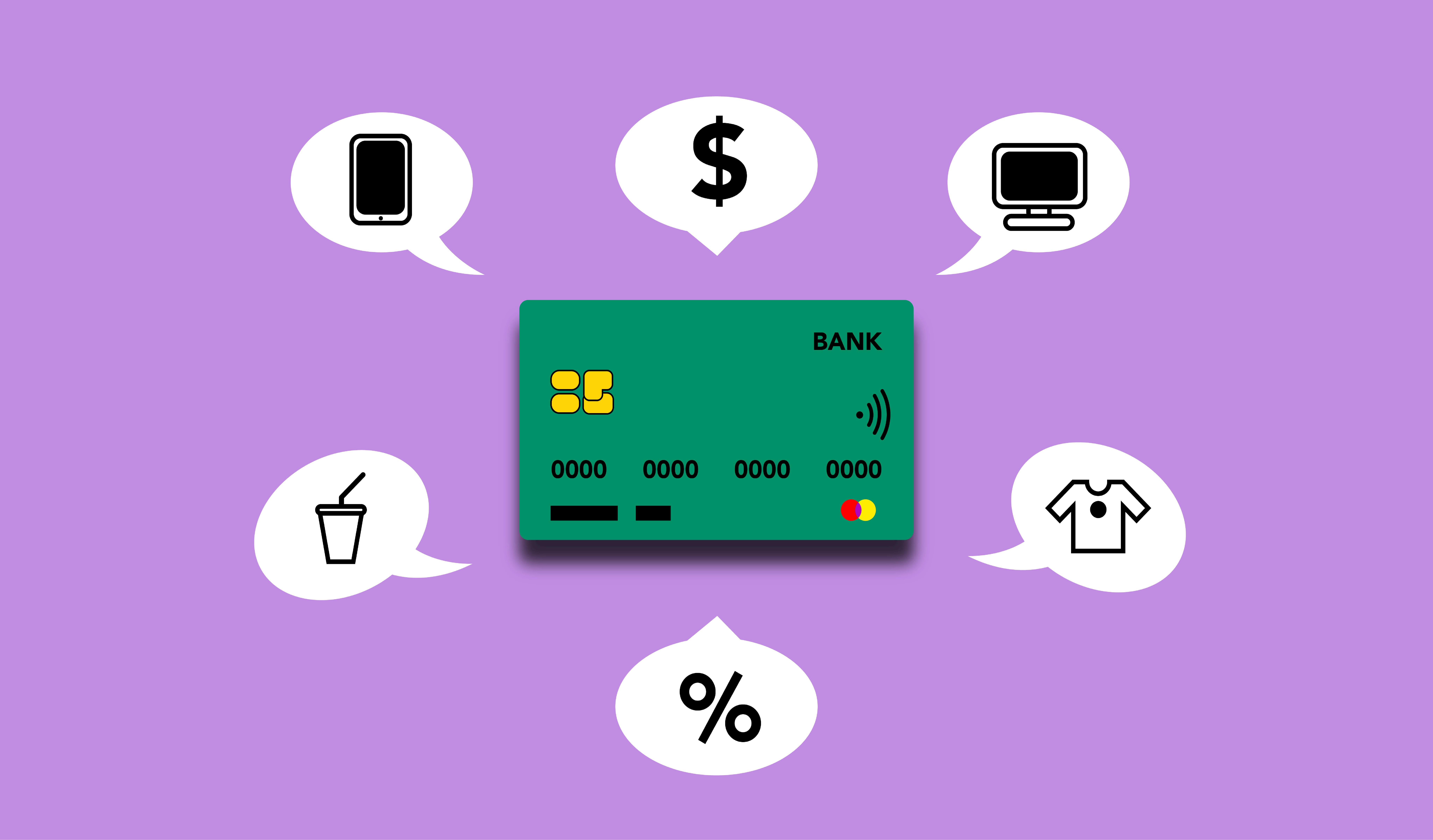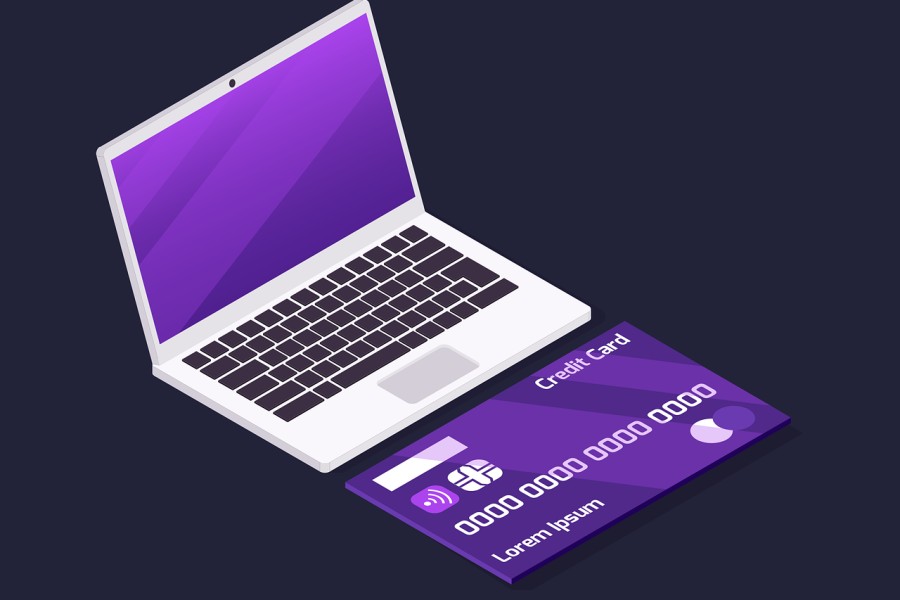A credit card is a versatile financial tool, offering various benefits such as rewards, convenience, and the ability to make purchases without immediate cash. One feature that often attracts attention is the cash advance option. While it can be a lifesaver in emergencies, a cash advance comes with unique costs and considerations.
This blog will explore what a credit card cash advance is, how it works, the associated fees, and address some common questions.
Simply get the Airtel Axis Bank Credit Card from Airtel Finance and save up to ₹16,000 per year! Apply from the Airtel Thanks app today and get low joining fees, low interest rates, relaxed eligibility criteria and much more.
What is a Credit Card Cash Advance?
A credit card cash advance is a service that allows cardholders to withdraw cash from an ATM, bank, or financial institution using their credit card. Essentially, it is a short-term loan provided by your credit card issuer, enabling you to access cash quickly when needed.
How Does a Cash Advance Work?
Getting a cash advance with your credit card is relatively straightforward. Here’s how the process works:
1. Accessing the Cash
You can obtain a cash advance by:
- Using your credit card at an ATM (you’ll need your credit card PIN).
- Visiting your bank or a financial institution and requesting a cash advance.
- Using convenience checks issued by your credit card company.
2. Credit Limit
The amount you can withdraw as a cash advance is usually a percentage of your total credit limit. This is known as your cash advance limit and is often lower than your regular credit limit. You can find this limit on your credit card statement or by contacting your card issuer.
3. Interest and Fees
Cash advances come with higher interest rates compared to regular credit card purchases. Interest on a cash advance begins accruing immediately, with no grace period. Additionally, there are fees associated with cash advances, including:
- Cash Advance Fee: Typically a percentage of the amount withdrawn (e.g., 3-5%) or a flat fee, whichever is higher.
- ATM Fees: If you use an ATM to obtain a cash advance, you might incur additional fees from the ATM owner.
Read more: How to increase your credit card limit?
Costs and Considerations
Before opting for a credit card cash advance, it’s crucial to understand the associated costs and potential drawbacks.
1. High-Interest Rates
The interest rate for cash advances is usually higher than that for regular purchases. This rate can be significantly higher, making it expensive to borrow money this way.
2. Immediate Interest Accrual
Unlike regular credit card purchases that typically have a grace period before interest begins to accrue, cash advances start accumulating interest immediately from the date of the transaction.
3. Fees
The cash advance fee adds an immediate cost to your transaction. For example, if you withdraw $500 with a 5% cash advance fee, you’ll incur a $25 fee on top of the interest charges.
4. Impact on Credit Score
Using a significant portion of your available credit for cash advances can increase your credit utilization ratio, potentially impacting your credit score negatively.
Read more: How to check your credit card limit – guide
When to Consider a Cash Advance
Despite the high costs, there are scenarios where a cash advance might be necessary or beneficial.
1. Emergencies
In urgent situations where you need immediate cash and have no other options, a cash advance can be a viable solution.
2. Cash-Only Situations
Certain situations may require cash payments, such as paying for services where credit cards are not accepted.
Alternatives to Cash Advances
Given the high costs associated with cash advances, it’s wise to consider alternatives before opting for one.
1. Personal Loans
Personal loans usually have lower interest rates compared to cash advances and can be a better option for borrowing money.
2. Overdraft Protection
If you have a checking account, overdraft protection can be a more affordable way to cover short-term cash needs.
3. Borrowing from Friends or Family
In times of need, borrowing money from trusted friends or family members can be a cost-effective alternative.
Read more: 10 ways to increase your credit card limit quickly
Managing Cash Advances Responsibly
If you must use a cash advance, it’s essential to manage it responsibly to minimize costs and potential negative impacts on your credit.
1. Repay Quickly
Since interest starts accruing immediately, paying off your cash advance as soon as possible can help reduce the overall cost.
2. Monitor Your Credit Utilization
Keep an eye on how much of your available credit you’re using, as high utilization can affect your credit score.
3. Understand the Terms
Make sure you fully understand the fees, interest rates, and terms associated with cash advances on your specific credit card.
FAQs About Credit Card Cash Advances
Q1: How is the interest calculated on a cash advance?
Interest on a cash advance is calculated daily from the date of the transaction until the amount is paid in full. The interest rate is typically higher than that for regular purchases.
Q2: Can I use a cash advance for online purchases?
No, a cash advance is specifically for obtaining physical cash, not for making purchases. However, some convenience checks can be used for purchases.
Q3: Do cash advances affect my credit score?
Yes, cash advances can affect your credit score by increasing your credit utilization ratio and adding to your debt load, which can impact your credit rating.
Q4: Are there any credit cards that offer lower fees for cash advances?
Some credit cards may offer lower fees for cash advances, but they are rare. It’s essential to read the terms and conditions of your card to understand the associated costs.
Q5: What is the maximum amount I can withdraw as a cash advance?
The maximum amount you can withdraw as a cash advance is typically a percentage of your total credit limit, known as the cash advance limit. This limit varies by card issuer.
A credit card cash advance can provide quick access to cash in emergencies, but it comes with high costs and immediate interest accrual. Understanding the implications, fees, and alternatives can help you make informed decisions and manage your finances more effectively. Always consider other options before opting for a cash advance and use it responsibly if necessary.


 Get App
Get App  Airtel Store
Airtel Store  Login
Login 


